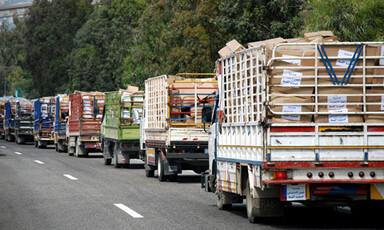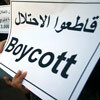
Tribunals, Trials and Tribulations in Lebanon?
31 May 2007
Finally, an international tribunal will be tasked with investigating and prosecuting murder and mayhem in an Arab country. For human rights activists who have railed against continuing impunity for grave crimes in the Middle East, whether committed by Israelis or Arabs, whether orchestrated by states or non-state actors, this should be an occasion for unalloyed celebration, or at least relief. However, EI’s Laurie King-Irani writes, there are worrying aspects of the unprecedented legal initiative of the UN-mandated tribunal charged with investigating the 2005 assassination of Lebanese Prime Minister Rafiq Hariri and other recent crimes. Read more about Tribunals, Trials and Tribulations in Lebanon?








